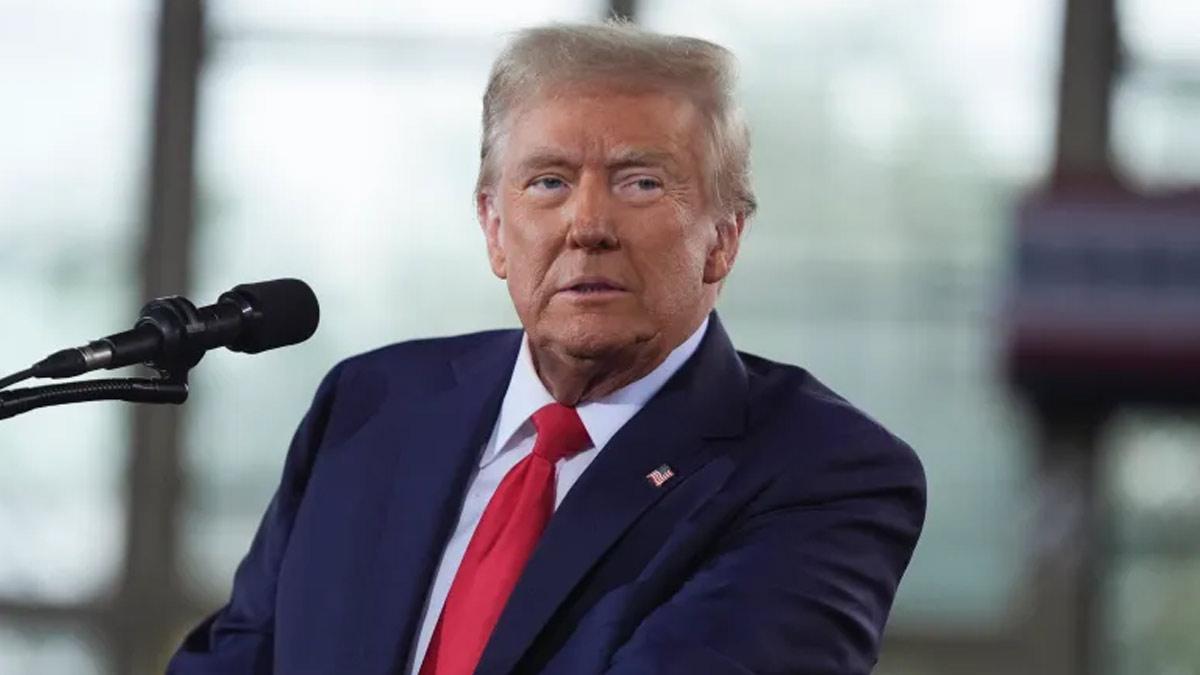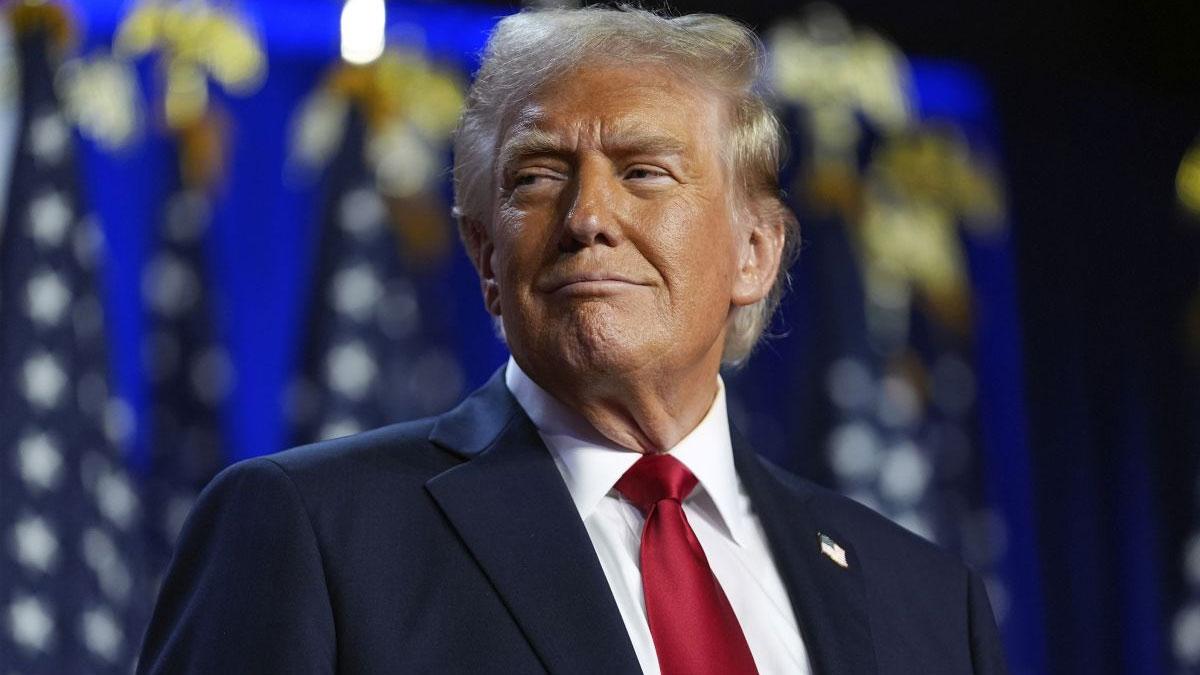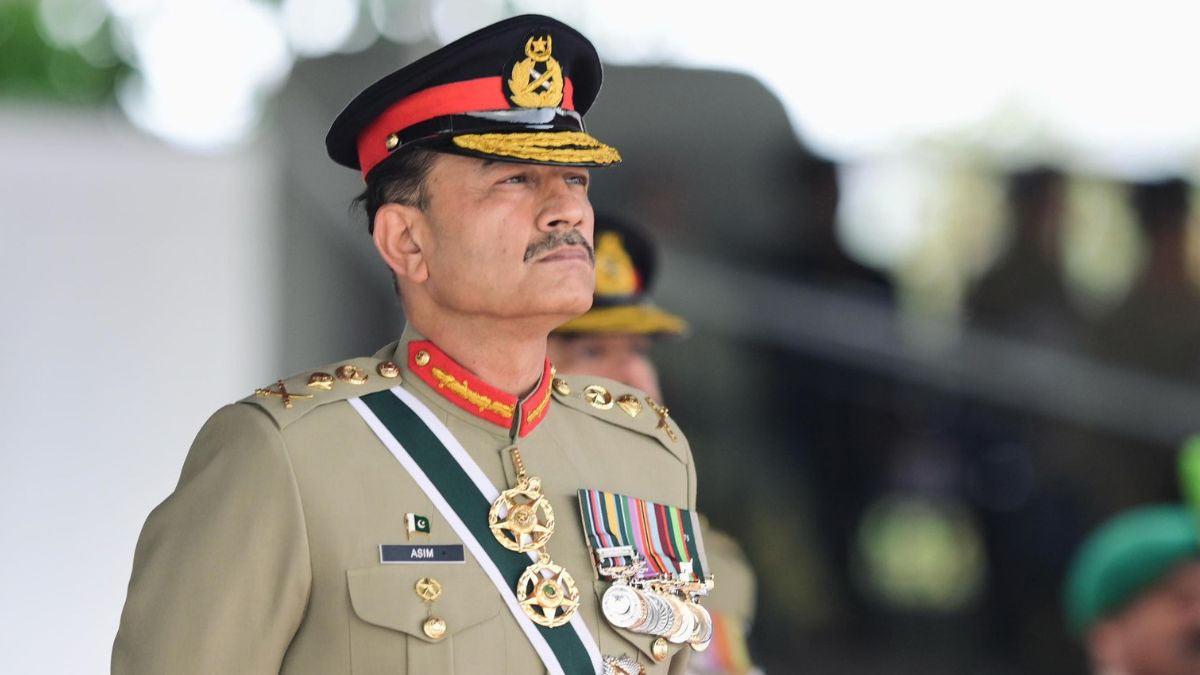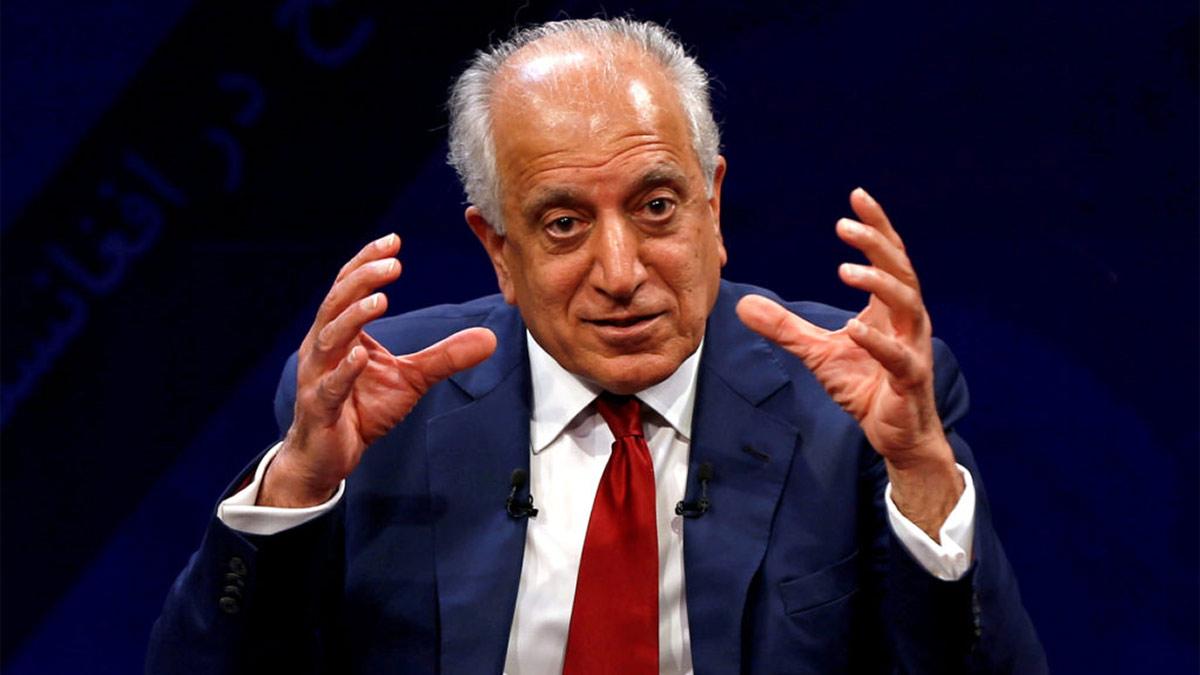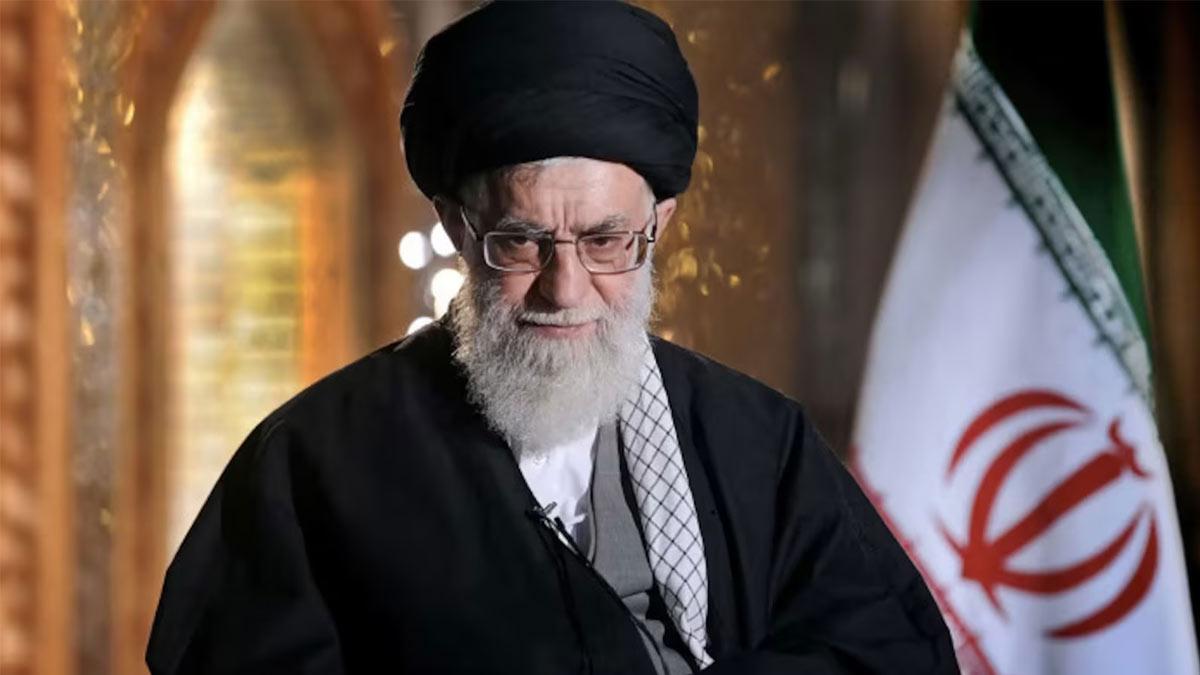In a rare diplomatic encounter, United States President Donald Trump received Pakistan's most powerful military leader, Field Marshal Asim Munir, at the White House on Wednesday (local time). The encounter is of significant importance, particularly in the context of the recent India-Pakistan tensions.
Trump credited Munir with helping to relax tensions between the two nuclear-armed neighbours. "Reason I had him here was I wanted to thank him for not going into the war and ending it." Trump said in a media interaction.
Speaking afterwards, Trump said, "Prime Minister Modi left just a little while ago and we are negotiating a trade agreement with India and also with Pakistan. I am so thrilled. Two very intelligent people chose not to continue with the war. Those are two tremendous nuclear powers. I was privileged to meet him today.
India pushed back, though, against Trump's claim that the U.S. had averted an all-out war between the South Asian adversaries.
In September, Trump boasted that a ceasefire between India and Pakistan was achieved through U.S.-mediated talks and that the two countries should keep their economic aspirations ahead of confrontation.
However, according to Indian authorities, Prime Minister Narendra Modi explained during a phone call with Trump on Tuesday that the de-escalation was due to direct military-to-military dialogue between India and Pakistan. Foreign Secretary Vikram Misri indicated this in a formal statement, denying U.S. mediation.
The Trump-Munir meeting came despite rampant speculation that Pakistan would back Iran during its current confrontation with Israel.
"They know Iran better than most and they're not satisfied with anything," Trump stated after the meeting while discussing Pakistan's view of the Middle East war. "They see what's happening. And he agreed with me," Trump continued, although he did not provide more details.
Pakistan's Foreign Minister Ishaq Dar informed in a Bloomberg report on Monday that Iran is willing to resume peace negotiations—on the condition that Israel stops its military operations—based on direct communications with Iranian authorities. Pakistan has also offered to act as a mediator in the crisis in the region.
"Our desire was always to have fruitful negotiations between the US and Iran," Dar informed parliament, according to Bloomberg.
In a second public speech given in Washington, D.C., Asim Munir reaffirmed Pakistan's "very clear and strong" backing for Iran against Israel, while also supporting U.S.-led moves to de-escalate tensions.
Munir's trip is the first since 2001 that a Pakistani military figure has had a formal meeting with an incumbent U.S. President—the previous one being General Pervez Musharraf during his reign as the country's military leader.
Read also| Canadian PM Carney Urges Caution in Remarks on Nijjar Case

